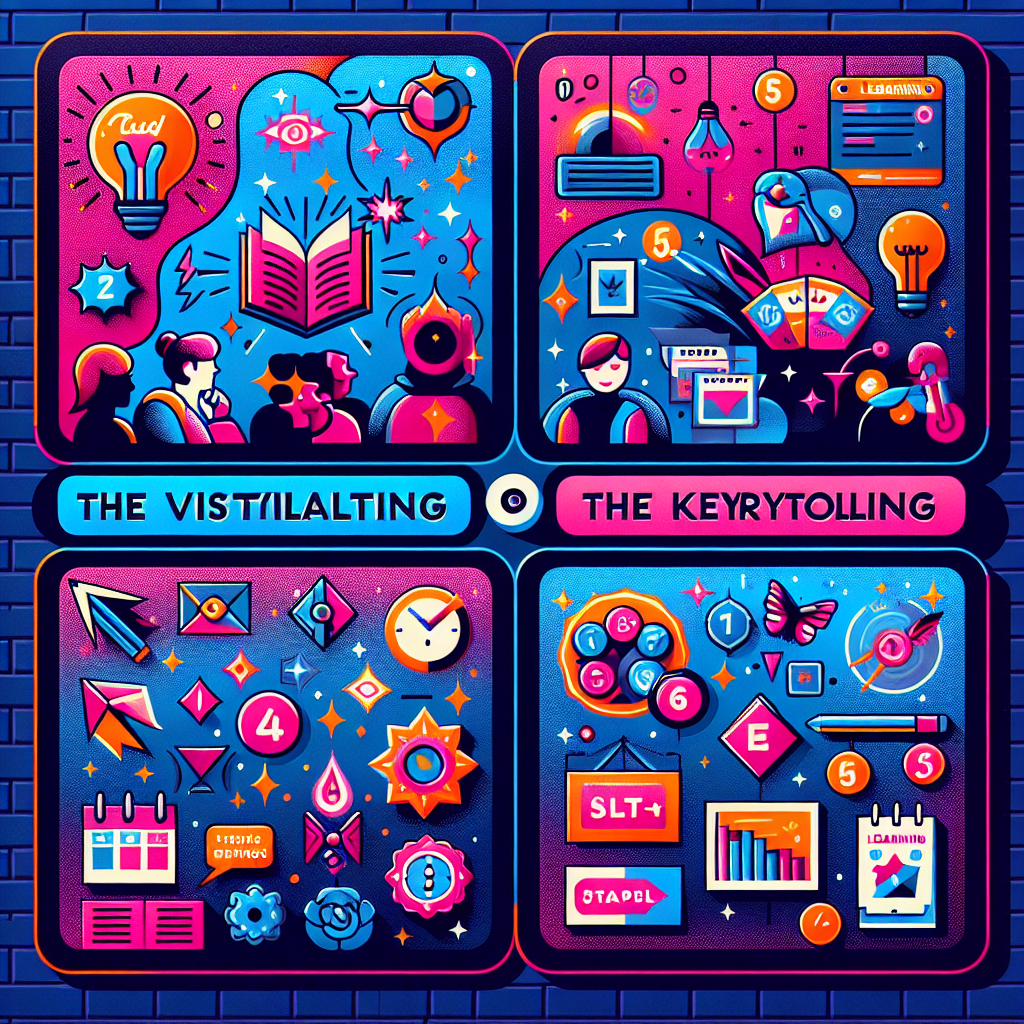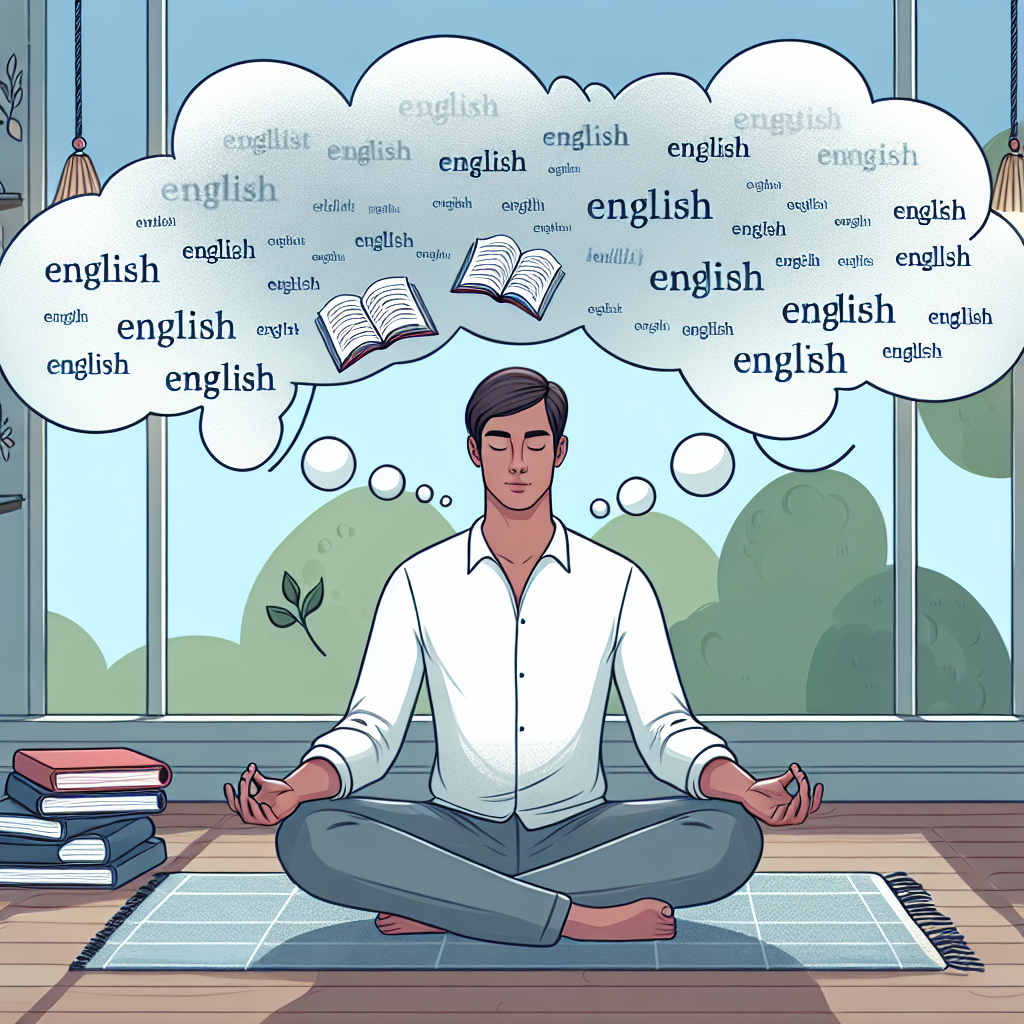Introduction
Think back to the last time you tried memorizing a chunk of English words. Did they slip out of your head the moment you needed them? That’s not because your brain is broken—it’s because most people use outdated methods. Language learning is less about grinding repetition and more about giving your brain the right conditions to work with.

The good news? You can train your brain like a muscle. By using mnemonics, memory hacks, and neuroscience-based strategies, you’ll find English sticks longer and feels easier. And let’s be real: it’s a lot more fun than chanting word lists in your room until your neighbors complain.
Why Neuroscience Matters for English Learners
Here’s the thing: your brain is not static. Neuroscience calls this neuroplasticity—basically, your brain’s ability to rewire itself. That means even if you’re 30, 40, or older, you can still create new pathways for learning English.
When you meet a new word, your hippocampus files it away, but it won’t stick unless your prefrontal cortex helps decide when and how to use it. That’s why context (not just repetition) is king.
Quick Reality Check
- Old Myth: Kids are the only real language sponges.
- Science: Adults learn differently, but just as effectively—with the right strategies.
Want a related challenge? Try our guide on understanding fast native speakers. It’s a practical spin on how your brain decodes spoken English.
Mnemonics That Don’t Feel Like Homework
Most learners torture themselves with endless lists. Instead, use techniques that actually make your brain pay attention:
- Visualization: Attach wild images to words. “Umbrella”? Imagine a rainbow umbrella the size of a house floating above your city.
- Mini-Stories: String words together into a ridiculous story. “Ticket, train, journey” becomes a golden ticket, a flying train, and a journey to meet Beyoncé.

- Keywords: Use familiar sounds. For Turkish learners, “plane” links to “plan”—picture a giant plane flying according to a massive plan.
- Flashcards with Flair: Use doodles, colors, and humor. Tools like Anki are great, but even sticky notes on your fridge work if you add creativity.
If vocabulary is tripping you up, check our piece on false friends between English and Turkish. It’ll save you from embarrassing mix-ups.
Brain Exercises That Make Learning Stick
Brains love variety. Beyond memory tricks, here are activities that literally boost your brain health and language retention:
- Meditation: Ten minutes of calm focus before studying reduces stress and sharpens memory.
- Games & Puzzles: Crosswords, Sudoku, or English word games create strong associations.
- Movement: A short workout or even a brisk walk improves blood flow—and memory.
- Proper Sleep: Vocabulary learned at 2 a.m. without rest is gone by morning. Sleep turns short-term learning into long-term memory.

Feeling nervous about speaking? You’ll like our post on overcoming English speaking anxiety.
Staying Consistent for the Long Game
Nobody becomes fluent overnight. The trick is to build habits you can actually stick to:
- Set small, realistic goals (ten new words a week beats unrealistic “fluency in 2 months”).
- Be consistent. Fifteen minutes daily > three hours once a week.
- Use all senses: read, listen, write, and speak. The mix reinforces memory.
- Reward yourself. Celebrate mastering tricky stuff like phrasal verbs with “get”.
- Learn with people. Study groups or online communities make the process social and less lonely.
(Visual: learners studying together at a café – alt: “group English study and motivation”)
For a motivation boost, don’t miss our article on escaping the intermediate plateau.
Conclusion
Here’s the bottom line: English learning and brain health aren’t separate topics—they feed into each other. A healthy, stimulated brain makes learning smoother, and memory techniques make studying less painful.
So, pick one strategy today. Try a silly visualization, do a puzzle before your lesson, or just go to bed earlier. Little changes build up, and your brain (and your English) will thank you..
